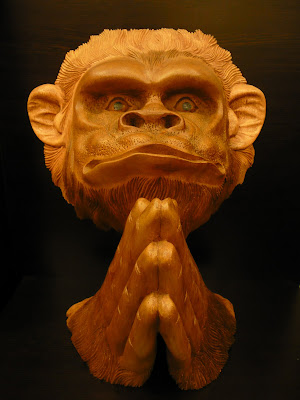.
(oops. I mix up the lines - line 4 is in the earlier post)
.
寒来暑往, 秋收冬藏。
hánlái-shǔwǎng, qiūshōu dōng cáng。
hánlái-shǔwǎng, qiūshōu dōng cáng。
寒 (cold) 来 (come) 暑 (heat) 往 (go)
This refers to the four seasons of the year (Spring, Summer, Autumn, Winter - 春夏秋冬 chūnxiàqiūdōng). The cold refers to the cold of winter and the word 暑 shǔ refers specifically to the heat of summer. This refers to the cyclical state of the season with one season following another. 寒来暑往 hánlái-shǔwǎng is also a phrase meaning “as time passes”.
秋 (autumn) 收 (harvest) 冬 (winter) 藏 (store)
This phrase further emphasizes the seasonal and climatic changes. Autumn follows winter. It also suggests that what is harvested in autumn should be stored for winter consumption. The seasons have a much greater influence on the lives of early dwellers whose farming activities revolve round the seasons. Thus, it is no surprise that the lunar calendar they used to time their activities is also called 农历 (nónglì) or farmers’ calendar.
'







haiz,i can never rmber the cycle of the 4 seasons in English and always gotta use 春夏秋冬 to guide me.
ReplyDeletei like this post, esp about 农历 ^^
Thank you turtle. According to legend, the calender was invented by the 1st legendary emperor Huang Di. The 4th legendary emperor added the intercalary month.
ReplyDelete